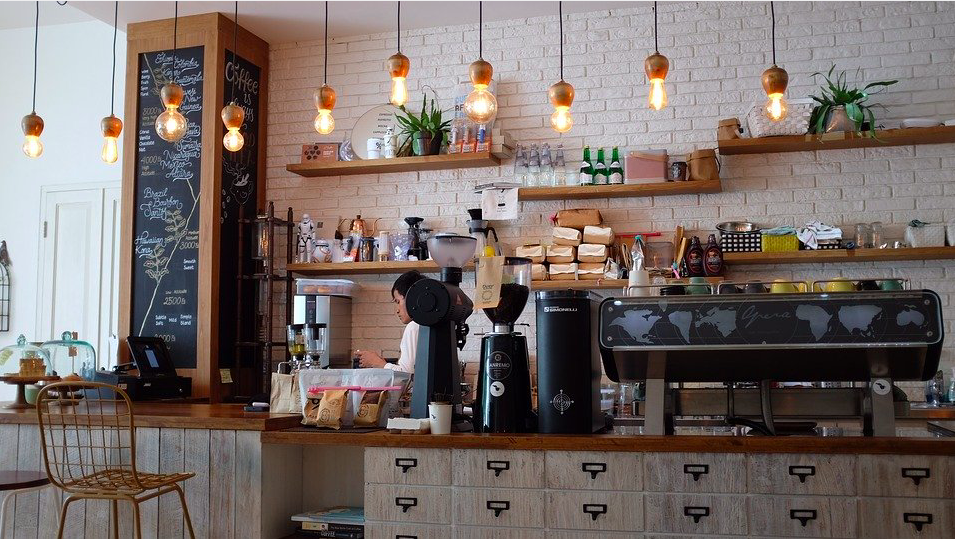Forget “New year, new me,” the Netherlands is coming up with an entirely new concept — new month, new laws.
From next Thursday, laws concerning wages, housing, and shopping will see some important changes, reports the NOS. In the true Dutch spirit, we looked at which ones will save you money and which ones will cost you more:
Regulations that will save you money
First things first, the minimum wage will go up by up to €16 per month to a total of €1,701 for four full working weeks. This will affect salaries in, for example, supermarkets and those employed in horeca.
A rent freeze will apply to social housing until June 30, 2022. This will save tenants about €6 per month. For homes that are rented out through the private sector, the rent can increase but only by a maximum of 2.4%.
Saving on electricity
If you’re still in doubt about whether you should get a smart energy metre, this new regulation might help you make your choice.
As of July 1, anyone with an old energy metre will pay the same rates during the day and at night — meaning no more discounted night rates.
A smart metre, on the other hand, automatically switches between day and night rates, so if you want to keep saving money, this is your best bet.
Free coronavirus tests before travel
In July and August 2021, travellers can get tested for coronavirus before their trip completely free of charge. The Dutch government has set up a new website where the test can be booked from June 30.
It will also officially be possible to travel with the European travel certificate. Travellers can use this to prove that they’ve been vaccinated against coronavirus, tested negative before their trip, or have had the virus in the past.
Regulations that will cost you money
If your dating life has mostly consisted of weekly speed dates with the delivery man over the past year (no, you’re not the only one who got into the habit of excessive online shopping during the pandemic…), we have some bad news for you.
Orders from outside the EU will now become more expensive. Previously, packages under €22 were exempt from VAT. However, now a VAT of 21% applies.
If the webshop you’re ordering from doesn’t include this in the price, you’ll end up paying more when your package arrives in the Netherlands — yikes.
No more alcohol discounts
If you want to get your last discounted beers, now is the time. The Netherlands is introducing the new Alcohol Act, which forbids supermarkets and liquor stores from offering discounts on alcohol that are higher than 25%.
Just remember, whatever crazy thing you do to get cheap alcohol, it probably won’t beat the group of friends from a small Dutch village who pulled out a tractor to stock up on €6,000 worth of beer.
Deposit on small plastic bottles
While there’s already a 25 cent deposit on large plastic bottles, the Netherlands is now introducing a deposit of 15 cents on small plastic bottles. This is supposed to help increase plastic recycling.
What else is changing?
It’s not just about the money. If you still have some statutory holidays left over from 2020, better use it now, because they’re about to expire.
Employers have to inform their employees about this in time. This ‘leftover holiday expiry date’ doesn’t apply to extra holidays above the statutory minimum.
No more unsolicited phone calls
The last change will surely brighten up the day of those who hate annoying telemarketers (sorry guys, we know you’re just doing your job).
The Netherlands is cancelling its “do not call” registry from Thursday. Residents of the Netherlands will have to indicate that they want to be called, as opposed to explicitly having to say they don’t want to be called.
This means that companies can no longer just hit you up with an offer. In addition, they have to keep track of how and where they got the numbers and call from a recognisable phone number themselves.
What do you think of these new regulations? Let us know in the comments below!
Feature Image: Free-Photos/Pixabay



Why mandate a deposit on only some plastic bottles why not go for full nanny state and demand a deposit on cans, glass jars, ketchup and bleach type bottles, toothpaste tubes and the cardboard tubes inside toilet paper rolls? If manufacturers want a deposit on their products, fine and dandy; but for the government to force deposits is an infringement on business freedom.